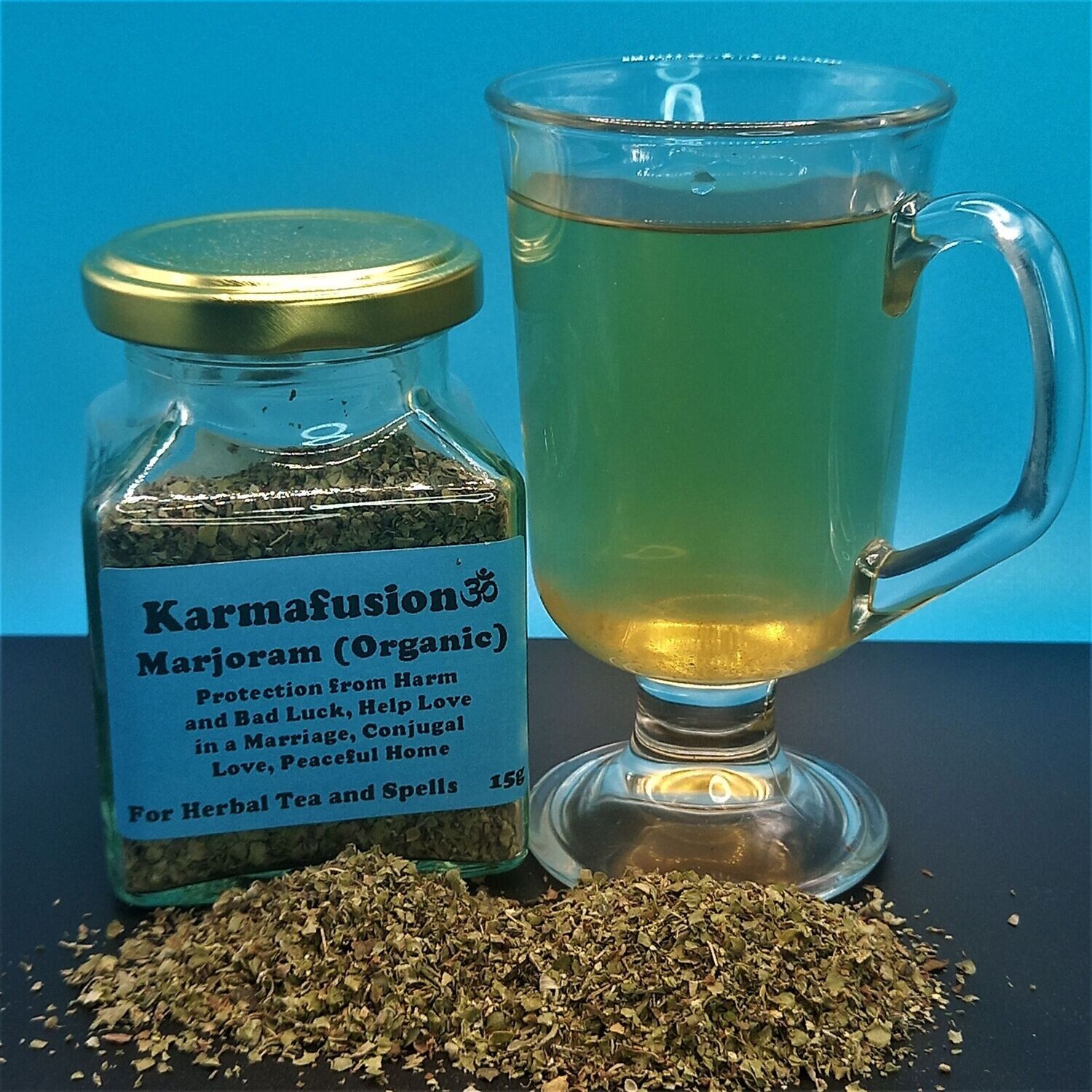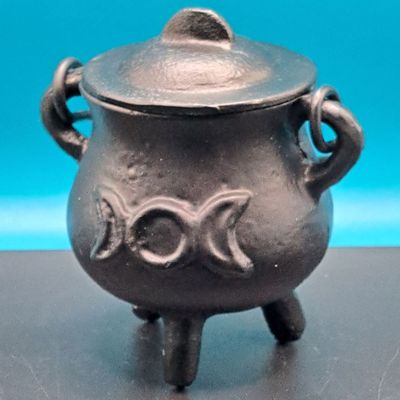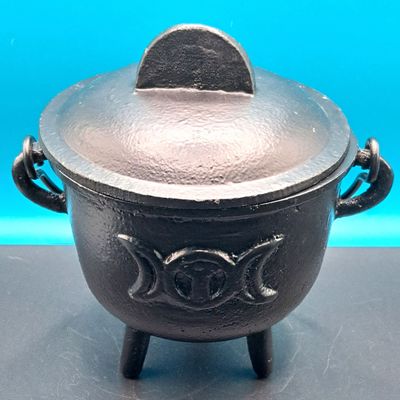Online Booking is now available
Marjoram Organic Herb 15g
'Mountain Joy' is what the Latin name translates as and a joy it is indeed, when one comes across this lovely herb on a walk in the mountains. Their crowns of pink-purplish flowers are a playground for butterflies. Marjoram is such a common kitchen herb, so ubiquitous to our cuisines that its healing virtues have long been forgotten. In Greek mythology it was sacred to the God Hymen, son of Aphrodite, a God of marital union. Wreaths of Marjoram were worn by the young couple on their wedding day. Strangely though, some writers associate Marjoram with celibacy and claim that it acts as an anaphrodisiac, while others make allegations to the opposite effect. Fact is that Marjoram relaxes; so much so that one writer warns of its narcotic properties if used excessively. But it also stimulates the flow of blood if applied topically. In the days when Absinth had cult status and was a legal 'drug', Marjoram was one of the adjunct herbs that went into the mix, and before hops became the chief brewing herb, Marjoram was frequently included in the ale blend, perhaps adding to its mind altering effects. However, the ladies of the day tended to appreciate Marjoram more for its aromatic scent than for its narcotic effect - or perhaps a bit of both. In Elizabethan times it was a popular strewing herb and also often used to stuff herb sachets to perfume the air.
Shipping will be calculated at checkout





